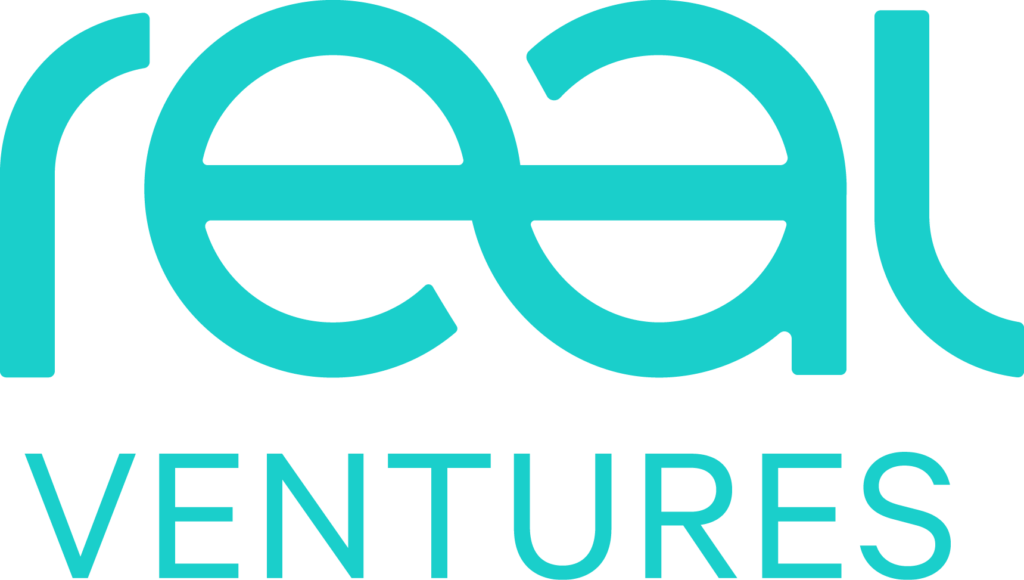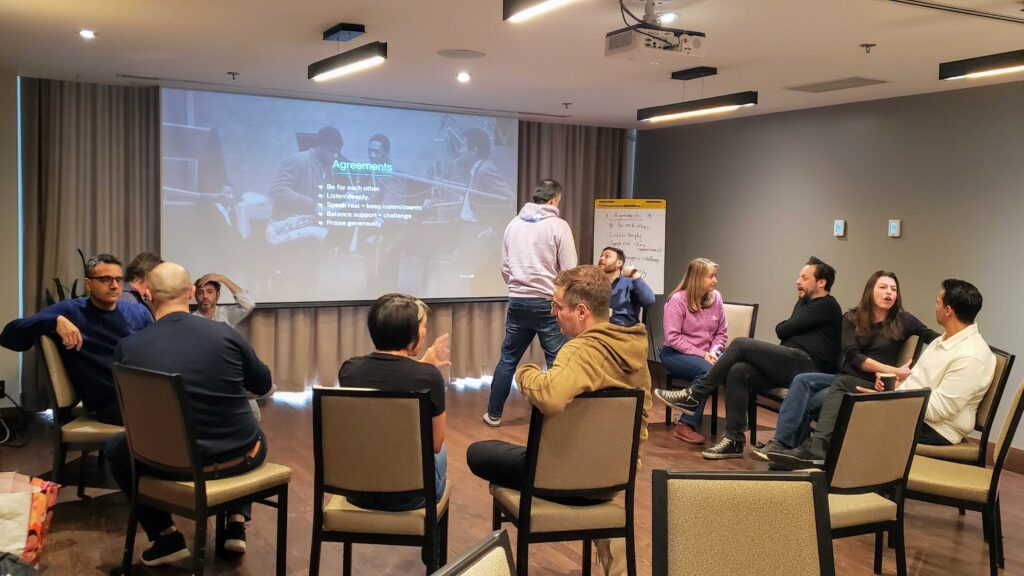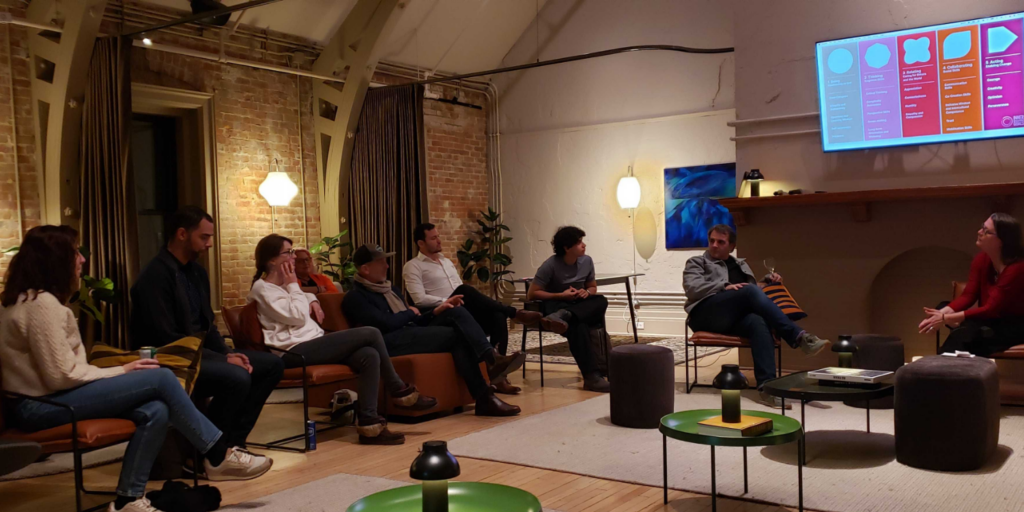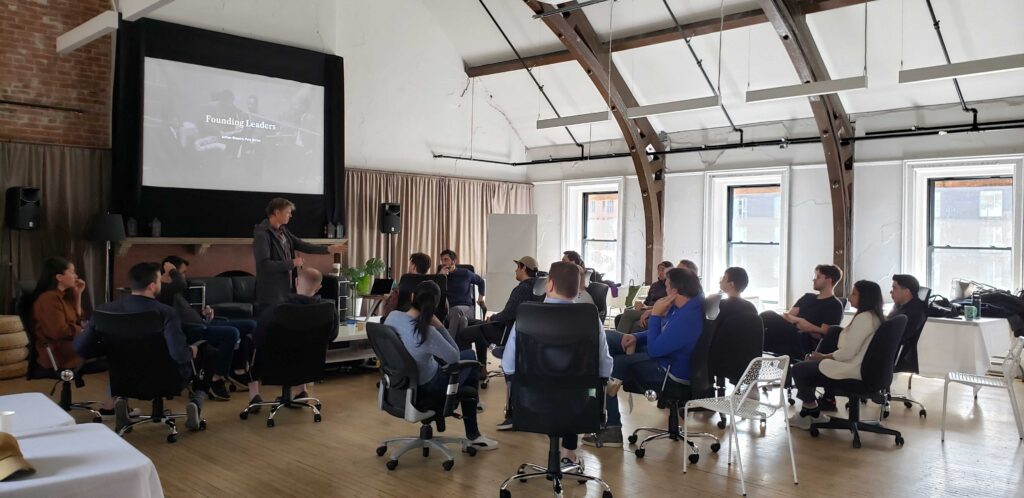The swift and stunning collapse of Silicon Valley Bank (SVB) demonstrated in no uncertain terms the extent to which our startup/venture/tech ecosystem is connected. This collapse was fast & brutal. I was at a loss for what to do but did what I could to navigate through.
As the drama unfolded, many of us made decisions that were powered by fear and self-preservation. The “prisoners dilemma,” we said. “What choice do we have?” we asked. Maybe some of us even felt like we had dodged a bullet. But as members of a complex, interconnected ecosystem, it is far more likely that we will all be materially affected in the end. And in the meantime, we have to sit with the knowledge that the bullet we dodged was taken by our friends, our neighbours, and our prior and future colleagues.
Amid the frenzy, how much consideration in our decision-making could any of us give to the ecosystem and the massive negative, unforeseen, knock-on effects that our herd mentality would generate? Not much. Again, “What choice did we have?”
We can’t point the finger of blame at the founders, CEOs, CFOs and VCs that had to react to the situation they faced. I also don’t think it helps to point the finger of blame at SVB leadership. Instead, I think we should reflect on two entirely different things;
Firstly, the inadequacies of the “outer” systems and frameworks we create to guide our choices, and secondly, the under-development of the “inner” systems we use to create those outer systems and frameworks.
“Outer” systems and frameworks are the policies, laws, hierarchies and societal beliefs that we “swim in” every day. “Inner” systems refer to the way in which we experience, process, “make-sense of” and interact with the world.
The Inadequacies of our Outer Systems and Frameworks
The most visible framework governing our decisions over the past 100 hours was fiduciary duty. “Yes I know our actions will cause a collapse, but we have a fiduciary duty to … (LPs, the company, fill in the blank)”. While this response makes sense given the constructs of our current system, my question is, why do we have no fiduciary duty to our ecosystem!? By consistently excluding our ecosystem from those we have a fiduciary duty to, we will continue to prioritize short-term gains for a select few over the long-term health, stability, and success of all.
And this is where I draw my analogy to the world ending … because that same question also applies to our planetary ecosystem. Why do we have no fiduciary duty to our planet!?
If we do not find a way to prioritize our fiduciary duty to ecosystems, be they startup or planetary, we will drive much more than the tech ecosystem over the cliff.
Artificial Constructs
Fiduciary duty is a construct we created; it is nothing more than a shared figment of our “collective imaginary”, written down and now agreed upon as if it is an irrefutable part of nature.
It is not. It is a hangover from the 1970s, during a time when business leaders were taught to believe in shareholder supremacy. This way of thinking was challenged in 2019, when 181 leaders of the US Business Council gathered to sign a new policy statement declaring that corporations should instead be guided by stakeholder primacy, meaning corporations agree to invest in their employees, deliver value to their customers, deal fairly with suppliers and their communities, in addition to serving their shareholder (ie, Ecosystem Primacy). While this updated agreement signalled a commitment to contributing toward a different future, the systems and frameworks haven’t been changed, and so we are still “empowered” to think within the same fiduciary frameworks as we did pre-2019, resulting in the same problems.
Collectively, we can choose to change these constructs. But that requires us to have the wisdom to appreciate that how we thought then created the systems and frameworks that generate the world we experience today. To manifest a different experience in the future, we must be open to rethinking how we think.
The framework of fiduciary duty is illustrative, but it is only one of many frameworks and systems at play. Overlapping layers of systems and frameworks surround us in our daily lives. They are so pervasive we struggle to recognize them. The challenge is to recognize them as something we created and therefore have the ability to re-create, if we develop the inner system capable of doing so.
Development of the Inner Systems
The video below promoting the Inner Development Goals (which have been inspired by the UN’s Sustainable Development Goals), Andrew Bovarnick states that the top environmental problems the world is facing are not “biodiversity loss, ecosystem collapse, and climate change”, but that the biggest challenges are actually “selfishness, greed and apathy”.
Selfishness, greed, and apathy can likely be found somewhere in the SVB collapse. But these are really just parts of the human condition. And as the video explains, it takes an investment in the development of wisdom, or inner development, to move beyond what we currently accept as the human condition.
Surely, anyone in a position of power and influence needs to be wise? Not just intelligent or knowledgeable or connected, but wise. So surely we should be investing in the development of our wisdom and not just leaving it to chance? Whoever catalyzed the run on SVB had likely developed power and influence over many years, but during that time, had they invested in developing their wisdom?
This isn’t to say that we should point the finger of blame at those individuals either. They are likely even more under the influence of the “systems and artificial constructs” than others. In fact, they are likely masters of the current systems and have likely received a lot of encouragement and praise because of how well they play (win) within the systems. I just want to highlight that everything (bank runs, climate change, societal issues, etc.) leads back to us. Back to how we think and our “primacy of focus” on wealth creation as a defining aspirational quality, the measure by which we judge so many of our leaders in a globally connected, commercially minded ecosystem.
Where to Next?
As a veteran VC I am part of this ecosystem, but I firmly believe we can build and invest in profitable and sustainable businesses by prioritizing the health and well-being of the ecosystems that nourish them.
Leaders (current and future) must recognize the imperative of contributing to the health, sustainability and regenerative capacity of our startup ecosystem and planetary ecosystem. This can be accelerated by investing early on in each individual’s inner development, otherwise said, to “become wiser, younger”. We need the courage to support a new generation as they change the systems and frameworks that we need to survive and then thrive.
Real Ventures is working towards democratizing the tools required for leaders from all walks of life to work on their inner development so that they can consistently make wise decisions that have positive reverberations within our ecosystems.
Let’s ensure that the next cohort of 1,000 business leaders we help nurture will be wiser than the last 1,000!
Who wants to work towards that? Let’s connect and explore how we can change our thinking to work toward the world we want to experience.
#itallstartswithU #metacrisis #survivethedrive
Special thanks to Tomas Björkman, Jonathan Rowson, John Vervake, Daniel Schmachtenberger, Zak Stein, Robert Kegan, Joe Ross, Conscious Leadership Group, Raj Sisodia, Brian Bayer, Carole Robin and my team at Real Ventures for the direct and indirect input and counsel on this post.
**********
For more on our thoughts on helping founders become wiser, faster, so they can build sustainable companies with global impact, sign up for our newsletter and follow us on Twitter, LinkedIn, and Facebook




